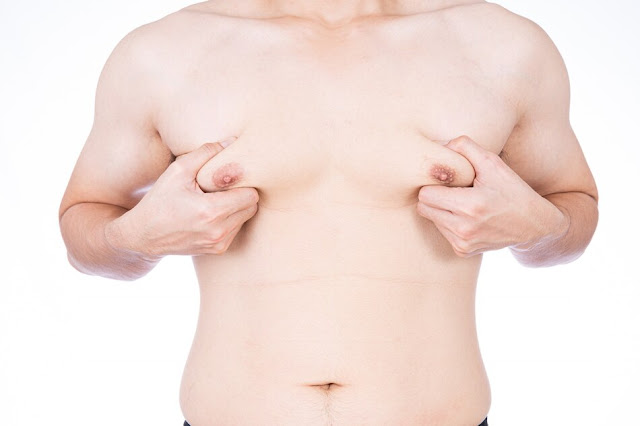Males of all ages can suffer from gynecomastia, a common disorder marked by the growth of breast tissue. Even while it's mostly harmless, it can still be uncomfortable physically and mentally. It's critical to recognize the telltale signs and symptoms of gynecomastia to get the right medical guidance and gynecomastia treatment in Coimbatore. Thus, how can one determine if they have gynecomastia? Let's examine the specifics.
1. Breast Tissue Enlargement:
In men, the enlargement of the breast tissue is the main indicator of gynecomastia. This could show up as a visible increase in breast size or as a little lump. It's critical to distinguish between gynecomastia and chest fat excess, which is frequently confused with this illness. Whereas increased fat deposition produces a more uniform enlargement, glandular tissue growth beneath the nipple is a common feature of gynecomastia.
2. Breast Sensitivity or Tenderness:
Gynecomastia in men can result in breast sensitivity or tenderness. Physical exertion or pressure on the chest region may make this discomfort worse. It can range in severity from minor to severe. One of the first signs of gynecomastia is frequently tenderness or sensitivity, which leads people to seek medical attention.
3. Changes in Breast Appearance:
Gynecomastia can result in changes to the look of the breasts in addition to enlargement and soreness. Asymmetry in the breasts, infrequent nipple discharge, or modifications to the position or form of the nipples are examples of this. These alterations in vision can be alarming and may lead people to seek medical assistance.
4. Psychological Effects:
Gynecomastia does not cause physical symptoms, but it does have a major psychological influence. The way their chests look causes many guys to feel embarrassed, self-conscious, and less confident. Relationships and social connections may suffer as a result, and activities like sports and swimming may be avoided. Understanding the psychological ramifications of gynecomastia is essential to treating the problem in its entirety.
5. Underlying Medical Conditions or Medications:
Gynecomastia may be related to underlying medical disorders or drugs, or it may be idiopathic, meaning it has no recognized cause. Gynecomastia can occur as a result of a number of medical conditions, including thyroid abnormalities, liver disease, and hormone imbalances. Furthermore, gynecomastia risk may be raised by drugs such as anabolic steroids, anti-androgens, or specific antidepressants. Appropriate management and therapy of gynecomastia depend on an understanding of its possible underlying causes.
It's important to see a healthcare provider for a diagnosis and evaluation if you believe you may have gynecomastia based on these signs and symptoms. To ascertain the underlying reason of your breast enlargement, your doctor will do a physical examination, go over your medical history, and maybe request additional testing, such as imaging investigations or blood tests.
Gynecomastia treatment options differ according to the underlying reason, degree of symptoms, and personal preferences. Gynecomastia may occasionally go away on its own, particularly if it's caused by puberty or brief hormonal changes. However, medication, surgery (such as liposuction or mastectomy), or a combination of the two may be used as therapeutic options if gynecomastia is persistent or causes severe physical or psychological distress.
Conclusion
In conclusion, the first step in obtaining the proper medical examination and therapy for gynecomastia is realizing the symptoms and indicators of the condition. Effective management of gynecomastia necessitates an understanding of its various characteristics, including breast tissue expansion, pain, changes in appearance, and psychological implications. Don't be afraid to seek advice and help from a gynecomastia doctor in Coimbatore if you think you could have gynecomastia. Recall that assistance is available and you are not alone.

Comments
Post a Comment